For some, the chasm between craft baking and the supermarkets is incalculable. Not so for Asda’s in-store bakery buyer Laura Sayer, who can measure it in generations. Name ring a bell? It will if you are familiar with the UK’s second-largest bakery chain, which Sayer’s great grandparents started in Liverpool from humble origins the now 150-shop Sayers the Bakers.
With a four-generation heritage that runs from selling apple pies from a cart in the streets to mega Wal-Mart retailing, Sayer is now running one of the nation’s biggest scratch bakery operations. While the Sayers are no longer involved in the craft business the family involvement ended with her dad she says that this heritage influenced her career path.
So how did she find herself where she is today? "Well, it’s a long convoluted story but it has a neat starting point and end point inasmuch as I come from a family of bakers," she says. "My interest in food, I guess, began there, because my dad is a baker by trade, and that sparked what I wanted to choose when I went to university."
Now she is tasked with developing the in-store bread range for Asda, which, in June, was announced as the UK’s cheapest supermarket for the 13th year running, according to our sister publication The Grocer. The value proposition remains key to the retailer’s strategy as it fends off Sainsbury’s from biting its heels for the number two market share position, behind Tesco. Should price and promotions be at the front of suppliers’ minds when dealing with Asda?
"Every retailer has a strategy as to how you offer the best value for money on products," she says. "To be fair, Asda, more than anyone, wants to offer the lowest-priced products continually. One of the key things we would offer customers is great-quality products at brilliant prices that is our fundamental aim. For me, in my in-store bakery, I want to ensure my prices are the best prices out there in the marketplace."
That’s not to say price is all Sayer knows. In fact, she has an extensive background as a food technologist and switched to buying while working for Tesco, attracted by the "fast pace and the chance to launch lots of interesting products". Her technical knowledge means she is able to implement a programme that continually looks at the quality of the ingredients used in Asda breads, in a bid to improve the offer, she says.
So how does Sayer benchmark her products against those of her competitors? "If I’m honest, I don’t start by looking at my competitors," she states. "I start from listening to the customers’ point of view, whether it’s through listening groups or through suppliers having spoken to customers. For example, we know we’re famous for tiger bread our customers love it and they talk about it all the time. If we know we’re doing well in one product, we can then look at developing X, Y and Z products."
The latest Kantar data for June suggests it is a return to premium shopping, rather than food price inflation, that is behind the latest growth in food retail. And it is premium breads that have been performing well of late at Asda. "I’m very pleased with my Extra Special breads," says Sayer. "We’ve done a huge amount of work on speciality products. We’ve got a great new range, which have their own unique mother dough that gives a traditional loaf with a great crust and a great chew. They’re doing really well."
These include walnut pavé, special onion bread, apricot and orange and a rye and caraway, "and a funky corn-on-the-cob product, which you have to buy to believe it’s delicious and it looks a bit quirky, with a golden crumb effect."
Asda, like Waitrose and Sainsbury’s, has seen its bakery team revamped of late. Does the recent shake-up in personnel denote a change in approach? "No, not really," she says. "That’s the beauty of retail it’s constantly changing, and change is a good thing. We’re fortunate in that we have a field team of bakery coaches, who are out in stores and have their own regions. They’re a great help to me and they are heavily involved by helping the stores and the bakery managers develop their skills, and make sure that we’re producing products that are baked well in stores."
As such, the in-store bakery is a unique proposition in supermarket retail, which poses its own challenges. "In some of the smaller stores we have worked with local producers, because we know it’s much easier than trying to cram a bakery unit in there. The local supplier can effectively bring the breads in. Another example would be our Scottish customers, who like crumpets and pancakes; with that in mind we created our own range of hotplate lines. There are ranges that can be produced in all of our stores, but equally, it is important to have those local products in there as well."
In fact, the gulf between craft and supermarket may be closing. Last year, Asda was the first of the big four to introduce a branded craft bakery concession from craft baker WC Rowe, selling hot savouries. "That’s about having an excellent quality product that you know will sell well locally," she explains.
The surprise recent acquisition of discounter Netto could also see opportunities for sup-pliers, though it’s too early to say how this would play out for bakery, says Sayer.
"We’re continually looking for new opportunities just making sure we have the right flavours and right sizes is a constant evolution," she adds. "That’s one of the things I like about retail you can never sit back and wait for things tohappen. It’s always a search. We’re very reliant on our suppliers to come and tell us what are the latest trends.
"One of the things I would always want from my suppliers is for them to come and talk to me about how they see me performing in the marketplace. It’s important that they have infor-mation to share with regards to what they understand is going to be the latest big thing."
Asda’s in-store bakery buyer: Laura Sayer
CV: Achieved a degree in food technology at Reading University with a one-year placement at United Biscuits. She then worked as a food technologist for Marks & Spencer on bacon; this was followed by a stint in R&D at Kraft in Munich. From there, she worked for KP Foods on Hula Hoops. A change of direction into retail started out as a food technologist in dairy at Tesco, then into dressings, salads, confectionery and other areas. A stint at a dairy company preceded her rejoining Tesco in Ireland, where she stayed for eight years and moved into buying (crisps, snacks, tea, coffee, frozen food and household items). She has been at Asda for four years, initially as a non-food buyer, and then in bakery
Pastimes: travelling, reading, gardening, golf
Asda’s key personnel in bakery: Asda has a trading team split between cakes and bread and, within that, bought-in and in-store bread. Ian Martin is category director; the two senior buying managers are Sue Thompson (cake) and David Bradley (bread). A supply team orders products in and a merchandising team helps the buyers build store plans
Suppliers’ notes: "The thing that I would always ask for is that they come with a detailed analysis, so they are able to understand what the customer is looking for, who the customer is and who the product is aimed at. We do sometimes get people coming in mainly smaller suppliers with what they believe is a fantastic, new, revolutionary innovation. It’s easier if they understand which customer they are aiming for."

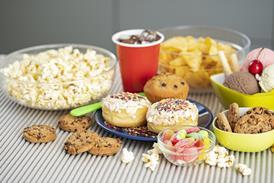
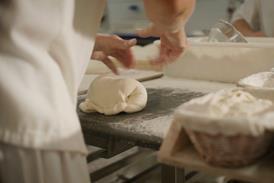
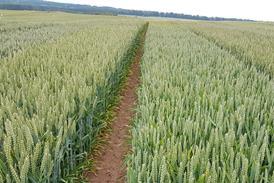
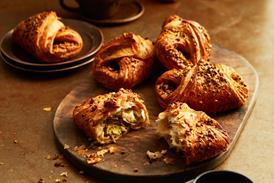
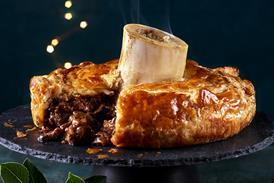
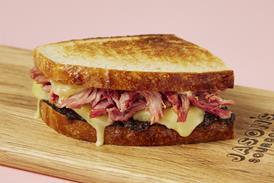


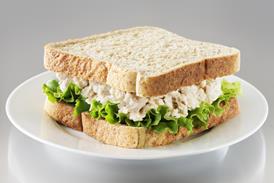

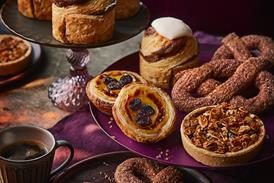
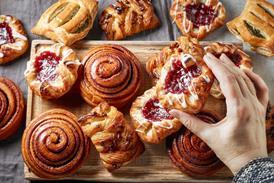
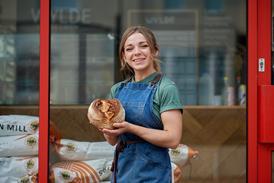
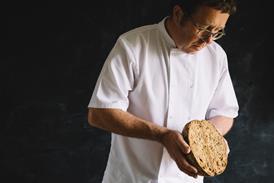
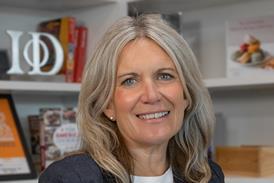


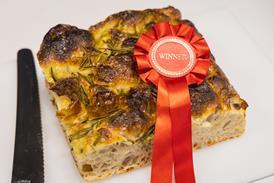







No comments yet